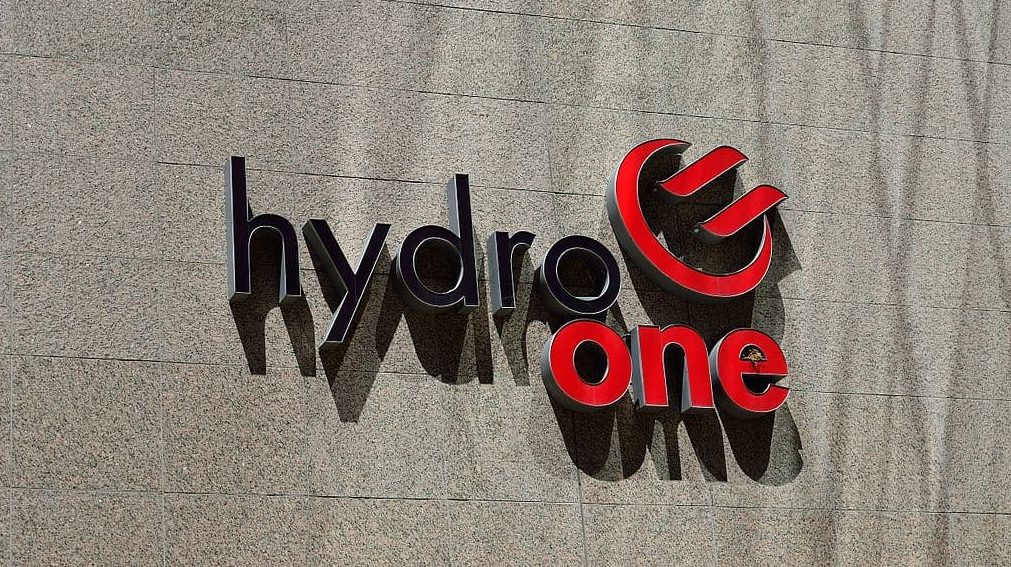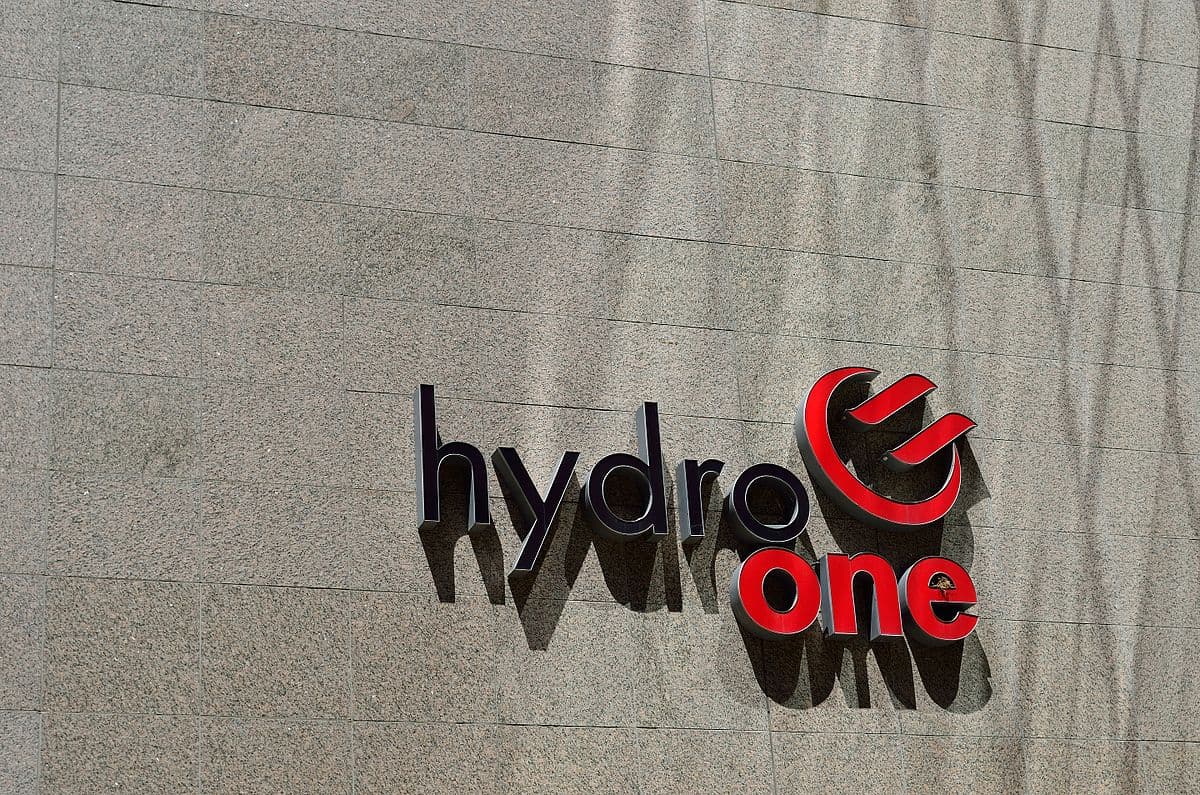Is Hydro One stock a buy?

 Investors haven’t gone wrong with Hydro One (Hydro One Stock Quote, Chart, News, Analysts, Financials TSX:H) in recent years, with the stock up 42 per cent over the past 24 months.
Investors haven’t gone wrong with Hydro One (Hydro One Stock Quote, Chart, News, Analysts, Financials TSX:H) in recent years, with the stock up 42 per cent over the past 24 months.
And while portfolio manager Chris Blumas isn’t against owning it, there are other names in the utility transmission and distribution space that may be better bets going forward, namely, Fortis (Fortis Stock Quote, Chart, News, Analysts, Financials TSX:FTS) and Algonquin Power (Algonquin Power Stock Quote, Chart, News, Analysts, Financials TSX:AQN).
“Personally, my favourites in the space are Fortis and Algonquin,” said Blumas, vice president at GlobeInvest Capital Management, speaking on BNN Bloomberg on Friday. “Hydro One has a very, very durable business model — they make money distributing electricity in Ontario. They had some very aggressive growth plans that involved doing some acquisitions in the US to diversify their revenue stream but they didn’t really work out.”
“I think in terms of its business, it’s a great business and it’s a monopoly on electricity distribution Ontario. [But] the reason why I would look elsewhere is I like to have a little bit more diversification in the cash flows,” Blumas said. “When you’re generating so much of your cash flows from one region, it could come under attack for whatever reason.”
It was about this time two years ago that Hydro One had its proposed merger with US power company Avista scuttled after US regulators balked at the potentially volatile role in the business played by the Ontario government, Hydro One’s largest shareholder.
The death of the $6.7-billion deal along with the firing in 2019 of CEO Mayo Schmidt, whose aim had been to expand Hydro One into a North American powerhouse, effectively put the brakes on Hydro One’s growth plans, at least for the time being.
New CEO Mark Poweska was clear in taking up the post that Hydro One wouldn’t be broadening its base too much over the following five years.
“We became distracted by opportunities beyond our borders,” said Poweska in a November 2019 conference call. “This outward focus narrowed our minds to the great opportunities that exist here at home. It’s time for Hydro One to focus in on the things that matter. It’s time for us to build on our strengths and seize opportunities right here in Ontario.”
But Blumas says investors may not appreciate that homebody attitude.
“I wouldn’t sell it if you own it and you have a capital gain and I think it’s a great type of asset to own in this environment. The reason why it is unlikely to perform as well as the others is, in terms of its growth platform they’re trying to figure out what their growth platform is going to be while a lot of the other companies have figured it out,” Blumas said.
“If you think of Fortis, if you think of Algonquin, they’re North American companies with assets all around North America, so they can grow and expand in easier ways and they already have those plans well established,” he said.
“That said I wouldn’t sell it if you own it, but I think for new capital maybe consider looking at something like a Fortis or an Algonquin,” he said.
Ahead of Hydro One’s fourth quarter earnings due next month, the company last reported in early November where revenues grew to $1.93 billion from $1.59 billion a year earlier. Net income grew by 17 per cent year-over-year to $281 million or $0.47 per share, whereas analysts had been predicting net income of $0.42 cents on a topline of $1.86 billion.
Hydro One said higher electricity demand over a hot summer was a factor in the higher quarterly numbers.
“Looking ahead, it is very difficult to determine or estimate the exact impacts of COVID-19 on Hydro One’s operations as they will be largely dependent on the duration of the pandemic and severity of the measures implemented to combat this virus. Electricity consumption and demand can be impacted by numerous variables, including weather, changing economic conditions and conservation efforts making it difficult to estimate the impact of COVID-19 with any level of precision,” the company said in its third quarter press release.
For 2019, its last full fiscal year, Hydro One grew revenues from $6.15 billion in 2018 to $6.48 billion, with adjusted EPS going from $1.35 to $1.53 per diluted share.
At the same time it has shelved its beyond-Ontario expansion plans, Hydro One has kept up its M&A activity within the province, completing over its most recently reported quarter the purchase of Peterborough Distribution and Orillia Power Distribution.
Over the pandemic Hydro One has made a point of banning electricity disconnections, making sure to keep the lights on for customers across the province during these difficult times, and supporting its Pandemic Relief Program to give financial relief and payment flexibility to customers.
Nick Waddell
Founder of Cantech Letter
Cantech Letter founder and editor Nick Waddell has lived in five Canadian provinces and is proud of his country's often overlooked contributions to the world of science and technology. Waddell takes a regular shift on the Canadian media circuit, making appearances on CTV, CBC and BNN, and contributing to publications such as Canadian Business and Business Insider.

